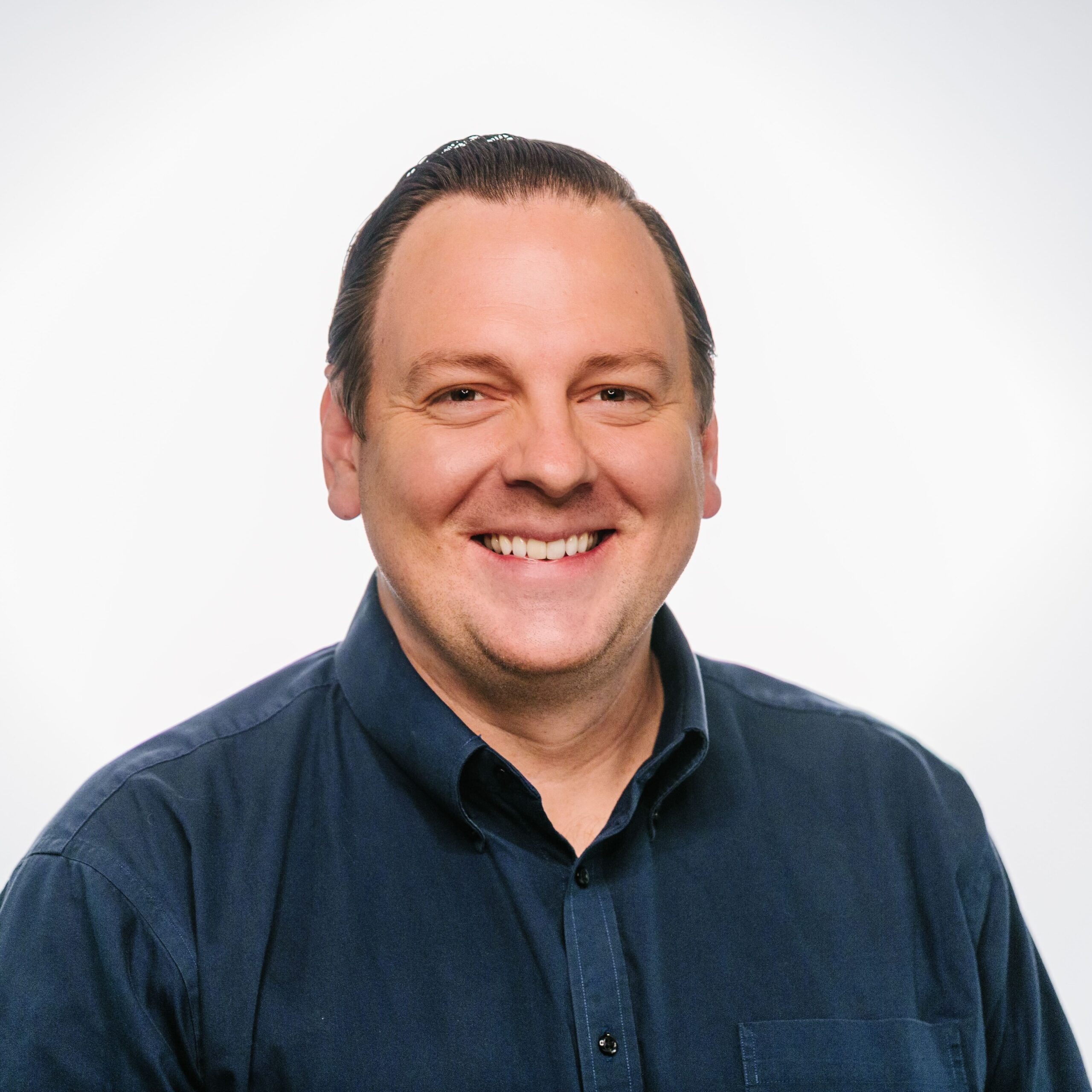An interview with UBME Alum and Recursion CEO, Chris Gibson, Ph.D.
Chris Gibson, Ph.D., is the Co-Founder and CEO of Recursion Salt Lake City, Utah.
Chris developed the technology and approach that seeded Recursion as part of his MD/PhD work in the lab of Co-Founder Dr. Dean Li (current President of Merck Research Labs) while at the University of Utah. After completing his Utah Ph.D. in Bioengineering in 2013, Chris left medical school to build Recursion into the rapidly growing company it is today. Chris is a graduate of Rice University with degrees in bioengineering and management.
Chris serves on the Board of BioHive, the public-private partnership driving expansion of Utah’s life-science ecosystem, the fastest growing in the nation. Chris is also active as an advisor and mentor, both formally and informally, of many young biotech founders. Chris enjoys cycling on both the road and the trails that cut through Utah’s great wilderness, as well as spending time with family.
How did your Biomedical Engineering education and research at the University of Utah impact your vision for your career?
I came to the University as part of an MD/PhD program in 2009 to join the lab of Dean Li, who now leads R&D at Merck. While Dean’s lab was steeped in cellular biology, molecular biology and genetics, I was welcomed as a bioengineer. Dean’s lab had been studying a devastating brain disease called cerebral cavernous malformation (CCM) for several years before I joined. All of their research had led them to believe that activation of a protein called RhoA played the central role in the manifestation of CCM in humans, formed from countless experiments across many years using traditional approaches and tools. But when we tested our hypothesis, the data were exactly the opposite of what we expected. It was the first of many times in my career I was truly humbled by biology’s complexity.
That failure led us to take a different approach – one in which we could use technology to reduce our human biases and capture the true complexity of biology in a less reductionist way. It was a moment where, as a bioengineer, I brought a unique perspective to the project. I convinced our lab to engineer a phenotypic screen of thousands of drugs applied to diseased and healthy cells, using machine learning (ML) to detect subtle differences in the ways cells appeared under a microscope in a more objective and quantifiable way. We then asked humans to compete against the machine. It turned out that our ML algorithm had a much higher probability of predicting “hits” – i.e., chemical compounds that demonstrated efficacy in a second experiment – than humans.
That was a pivotal moment that led us to start a new kind of “TechBio” company with an explicit strategy of using technologies like computation and automation to do drug discovery differently. Ten years later, we’ve grown our company Recursion to become a leader in this burgeoning new space with more than 500 employees and multiple potential medicines in clinical trials. In fact, our leading clinical program (which we recently announced is now fully enrolled) is aimed at treating CCM using those discoveries we made in Dean’s lab more than 10 years ago.
Describe your career and daily work areas for me: are these what you had anticipated leaving Utah with your PhD?
I’ve been deeply invested in leading and growing Recursion since Dean Li, Blake Borgeson and I founded the company back in 2013. It has been an incredible ride for the last 10 years. As CEO, my role takes many forms – from recruiting world-class scientists and leaders to join us in our mission, to diving deep on hard, technical challenges with our teams, to ensuring we have the right resources to do the incredible work we want to do. I feel fortunate to do this work alongside so many talented and passionate people – it’s my dream job.
What recommendations do you have for BME students regarding their coursework, research, presentations, or any other assets for their future employment?
Operate at the interface – our world is increasingly complex and most people go very deep to be the very best at a specific thing. There is nothing wrong with this, but with the dawn of a new era thanks to AI and other tools approaching fast, those who can see patterns across different fields, who can bridge different cultures, or who can help guide and lead experts will be exceptionally well-placed. So take those classes in poetry you always wanted, or sign-up for the extra leadership development program.
What do you value in the best quality people who work for you?
I look for people who approach problems with a first-principles mindset and seek fundamental truths. At Recursion, we attract a lot of big-picture thinkers who have a strong desire to grow and create a positive impact. They join us because they believe there’s a better way to do things. Many of them bring years of experience from the industry, which is important because we can learn a lot from both their successes and failures. But it also requires a lot of unlearning and professional metamorphosis on behalf of our people. We are doing something that’s never been done before. To be successful, we must challenge convention and question what has made us successful in prior contexts. And beyond that, look to work with good people, regardless of their technical skill.
What do you enjoy in your leisure time?
Spending time with my family is the most important way I like to spend leisure time. We love to camp together away from it all (especially in places without a cellular or wireless signal). I also love to travel and have a soft spot for car racing (as a spectator or participant).
What do the next 10 years of your career look like to you?
Continuing to industrialize drug discovery at Recursion! Our healthcare system desperately needs a new kind of biotech business model – one in which companies like Recursion bring more, better drugs to patients faster and at costs commensurate with their value to society. That requires finding ways to automate and scale many different steps within the drug discovery process, so we can increase efficiency and reduce failure. We’re investing in building lots of new tools, technologies and datasets which we believe will deliver many more medicines in the future. Regardless of whether we’re successful, we’re pushing the industry forward, opening a new paradigm as a leading TechBio company that’s helping to pull some Big Pharma into the space. I’m very optimistic that this space is going to change the world in the coming decades.

